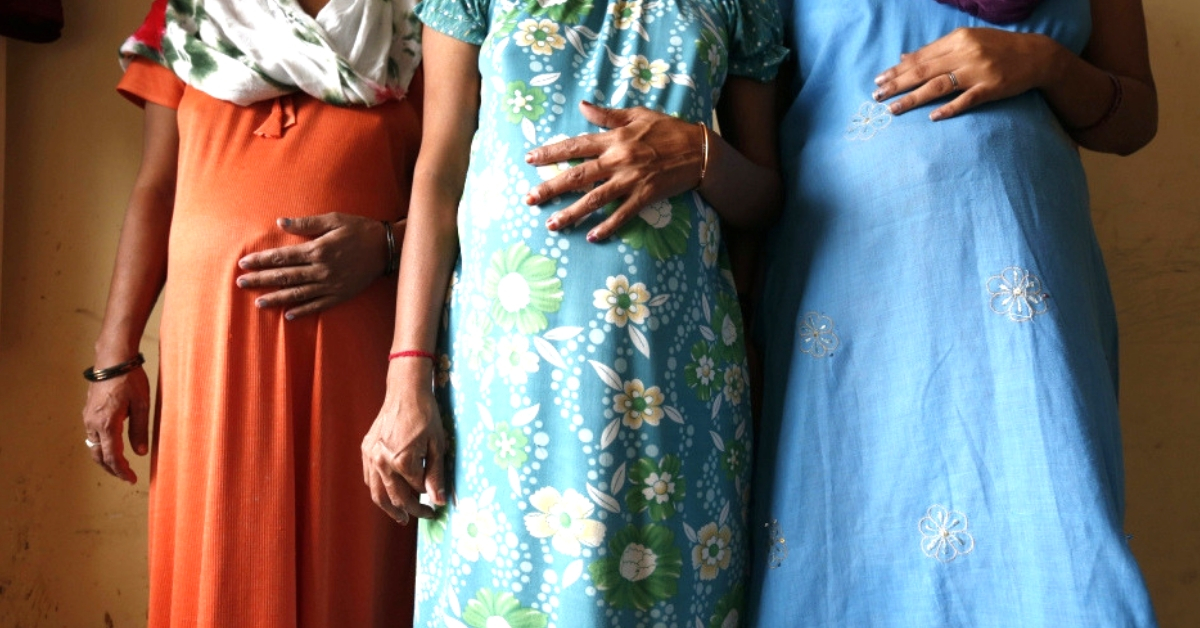Abortion In India: Why You Need to Know About Bombay HC’s Critical Directive
The Bombay High Court has asked the state to setup medical boards for abortions.

On Wednesday, the Bombay High Court directed the state to consider the setup of permanent medical boards at government and civic hospitals, in major cities across Maharashtra to examine women seeking permission for medical termination of their pregnancies advanced beyond the 20-week limit prescribed by the Medical Termination of Pregnancies Act 1971, reports the Hindustan Times.
This comes after the court heard a petition filed by a Satara teenage rape survivor. She was seeking permission to medically terminate her pregnancy, a result of the sexual assault. She stated that continuing the pregnancy would result in mental health injury, and giving birth would cause life-long psychological trauma.
Across the world, abortion is an integral component of reproductive health services, and it is essential for women to have access to safe abortion services, irrespective of factors such as failed/ lack of access to contraception, legality etc.

Seeking to end a pregnancy in India happens to be a complex procedure, which is governed by the Medical Termination Of Pregnancy (MTP) act.
So what is the Medical Termination of Pregnancies Act 1971, and how does it impact those who want to end their pregnancies?
The MTP Act, 1971 provides the legal framework for making comprehensive abortion care services available in India, permitting the termination of pregnancy, for a broad range of conditions, up to 20 weeks of gestation, by registered medical practitioners. Pregnancies beyond 20 weeks may only be terminated with special permission from the courts.
Despite the presence of an act, unsafe abortions still outnumber safe and legal abortions in the country. Quoting data from The Registrar General of India, Sample Registration System (2001-03), this report in The Hindu stated that unsafe abortions contribute to 8% of the total maternal deaths. Furthermore, the report states how legal experts have argued that medical science and technology have made the 20-week ceiling redundant.
The act was amended in 2003, to facilitate better implementation, and increase access for women, especially in the private health sector, and then, on October 29, 2014, the Ministry of Health and Family Welfare released a draft of the MTP (Amendment) Bill 2014, which proposes further changes.
As per this report in the Hindustan Times, the fundamental changes proposed in the new MTP Bill are relaxing the upper limit of legal abortion from 20 to 24 weeks; widening the provider base to train auxiliary nurse midwives (ANMs), nurses, and Ayurveda, homoeopathy and Unani practitioners to perform early-stage abortions; and removing the need to seek a second opinion from a doctor for second-trimester pregnancies.
There is also the matter of extending the indication of contraception to include unmarried women as well. As per the MTP Act’s provisions, contraceptive failure applies to married women. The proposal for amendment aims to make contraceptive failure applicable to all women and their partners as with other reasons for pregnancy termination.
You may also like:-Centre Proposes New Compulsory Test For All Pregnant Women: Things to Know
The MTP (Amendment) Bill 2014 is currently held up. As this report in The Hindu states, the Supreme Court is the last resort of the affected people and has agreed to look into whether a wider interpretation ought to be given to phrases like “risk to the life of the pregnant woman” and “grave injury to her physical and mental health.”
For those seeking to terminate a pregnancy, please know that if you are an adult of sound mental health, you don’t need anyone’s permission or consent to get an abortion. For a safe and legal abortion, you have to have it done by a registered medical practitioner (RMP). Most OBGYNs are authorised to perform abortions, but other doctors too can obtain the requisite certification. An MTP may only be performed in a facility approved by the government for the purpose.
Please note that if you are a minor, and wish to terminate a pregnancy, you need to get the consent of a parent or legal guardian.
Within the first 12 weeks, only the approval of one RMP is needed to go ahead with the abortion, and after 12 weeks, the approval of two RMPs is needed.
The RMP can approve an abortion request if:
1. The continuance of pregnancy poses a serious risk of physical injury to the woman.
2. There is a significant risk of the child being born with genetic abnormalities, or other serious handicaps.
3. There is a risk of serious mental injury to the woman, like rape or incest.
4. In case of married women, if the pregnancy is as a result of contraceptive failure, approval can be gotten.
5. If anything in the current or foreseeable environment of the pregnant woman could affect her mental health and cause her anguish, should she proceed with the pregnancy, she can terminate it.
(Edited by Gayatri Mishra)
Like this story? Or have something to share? Write to us: [email protected], or connect with us on Facebook and Twitter.
This story made me
- 97
- 121
- 89
- 167
Tell Us More
We bring stories straight from the heart of India, to inspire millions and create a wave of impact. Our positive movement is growing bigger everyday, and we would love for you to join it.
Please contribute whatever you can, every little penny helps our team in bringing you more stories that support dreams and spread hope.



















